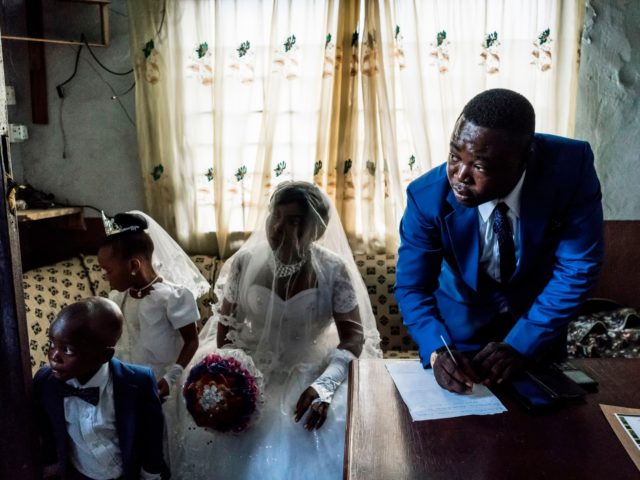Bishop Richard K. Baawobr of Wa, in northwest Ghana, has urged Parliament to enact laws to defend traditional values against the pressures of the LGBT lobby.
“Congrats for the very strong reminder to the Australian High Commissioner and to others that noble marriage in the Ghanaian customary bond is between a man and a woman and not what is being promoted by the LGBTQI+,” Bishop Baawobr said during a Mass of thanksgiving Thursday for the election of Alban Sumana Kingsford Bagbin as Speaker of Parliament.
“We are very thankful for the very courageous position that you have taken in spite of the odds sometimes,” he said to Mr. Bagpin, who has served as a member of Parliament (MP) in Ghana for 28 years.
For the Church, same-sex marriage “is morally wrong, as it goes against the purpose of marriage,” the bishop said.
Bagpin was accompanied at the Mass by the leadership of Parliament, including the First Deputy Speaker, Joseph Osei-Wusu; the Second Deputy Speaker, Andrew Asiamah; the Majority Leader, Osei Kyei-Mensah-Bonsu; the Minority Leader, Haruna Iddrisu, and the Clerk to Parliament, Cyril Kwabena Nsiah.
Also present were the Upper West Regional Minister, Hafiz Bin Salih; the National Chairman of the National Democratic Congress (NDC), Samuel Ofosu Ampofo; the General Secretary of the NDC, Johnson Asiedu Nketia, and others.
During his homily, the bishop reminded the Parliamentarians of the call by the Ghanaian Catholic Bishops Conference not to bend to external pressures to adopt the LGBT agenda in the country.
“It is our prayer that our MPs and other leaders will hear us – it is our right because we are all part of Ghana and we should all enjoy what others enjoyed, not only during the political campaign time but in ordinary times,” the Baawobr said.
Bagbin thanked the bishop, assuring him that under his leadership, Parliament would not shirk its responsibility.
“What we want from the people is patience and understanding,” he said. “Criticism is good, so feel free to criticise when the need arises, but do so by first seeking to understand the issues at stake and developments in relation to them. This is because what meets the eye is not always what the real issue is.”

COMMENTS
Please let us know if you're having issues with commenting.